eastern Mediterranean speciality
We’re delighted to be championing these souri green cracked olives in the UK. Overshadowed by more commercial varieties from larger olive producing countries in the Mediterranean, souri olives are unique to the eastern Mediterranean. Zejd’s owner, Youssef Fares, grows olive trees at an altitude of 550 metres in Beino, north Lebanon. The “terroir” where they grow, as well as the climate, all contribute to the uniqueness of their taste. Their name derives from the port city of Sour, (Tyre in English) where the Phoenicians once shipped olive trees to the rest of the Mediterranean.
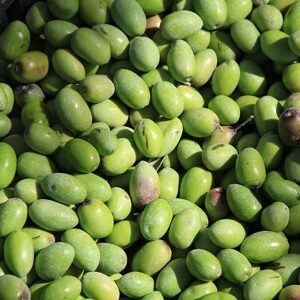
goodness
The team of seasonal workers harvest these souri olives from October to November. They pick these olives early in the season while they are still green, meaning they are rich in polyphenols, antioxidants. In Lebanon it is traditional to preserve the olive intact, the pits (or stones) aren’t removed. This means you can enjoy their firm texture, chewing on the pits just adds to their aromatic and creamy taste.
Lebanese curing
Zejd’s souri green cracked olives are cured in a traditional way. Families in Lebanon buy fresh green olives from farmers to cure at home, adding their own unique touch to the recipe. Zejd’s method follows the traditions of the region where they’re grown in north Lebanon. They wash the olives, and leave them to soak for 2 days changing the water several times until it runs clear. The olives are then “cracked” to help remove some of the bitterness, before being left in the brine. Zejd’s recipe adds a little white grape vinegar to the salt and water.
use
In Lebanon olives appear at most meals, particularly breakfast. We serve them mixed with a little extra virgin olive oil and lemon. When pitted, they add texture and flavour to dishes. It’s the quality of the olive that counts in Claudia Roden’s green olive and walnut salad. Once new potatoes arrive, they pair beautifully with waxy potatoes in this potato salad with green olive tapenade.
making your purchase go further
When the olives are finished, keep the remaining brine in the fridge. Apart from being delicious in a martini, adding a little of the brine to soups and stews for instant umami flavour. We keep the pits, washing them and drying them in an oven, and use them as fuel on our BBQ.
One of our customers commented on how beautiful the jars are. The labels peel off really easily without lots of soaking and scraping. They make excellent storage jars for dried fruit, rice, beans and even dog treats!
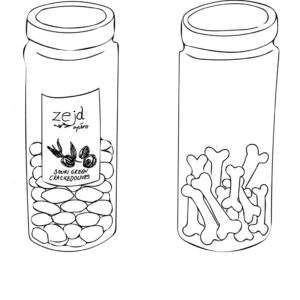
For more about this variety of Lebanese olives, read shorkk stories.

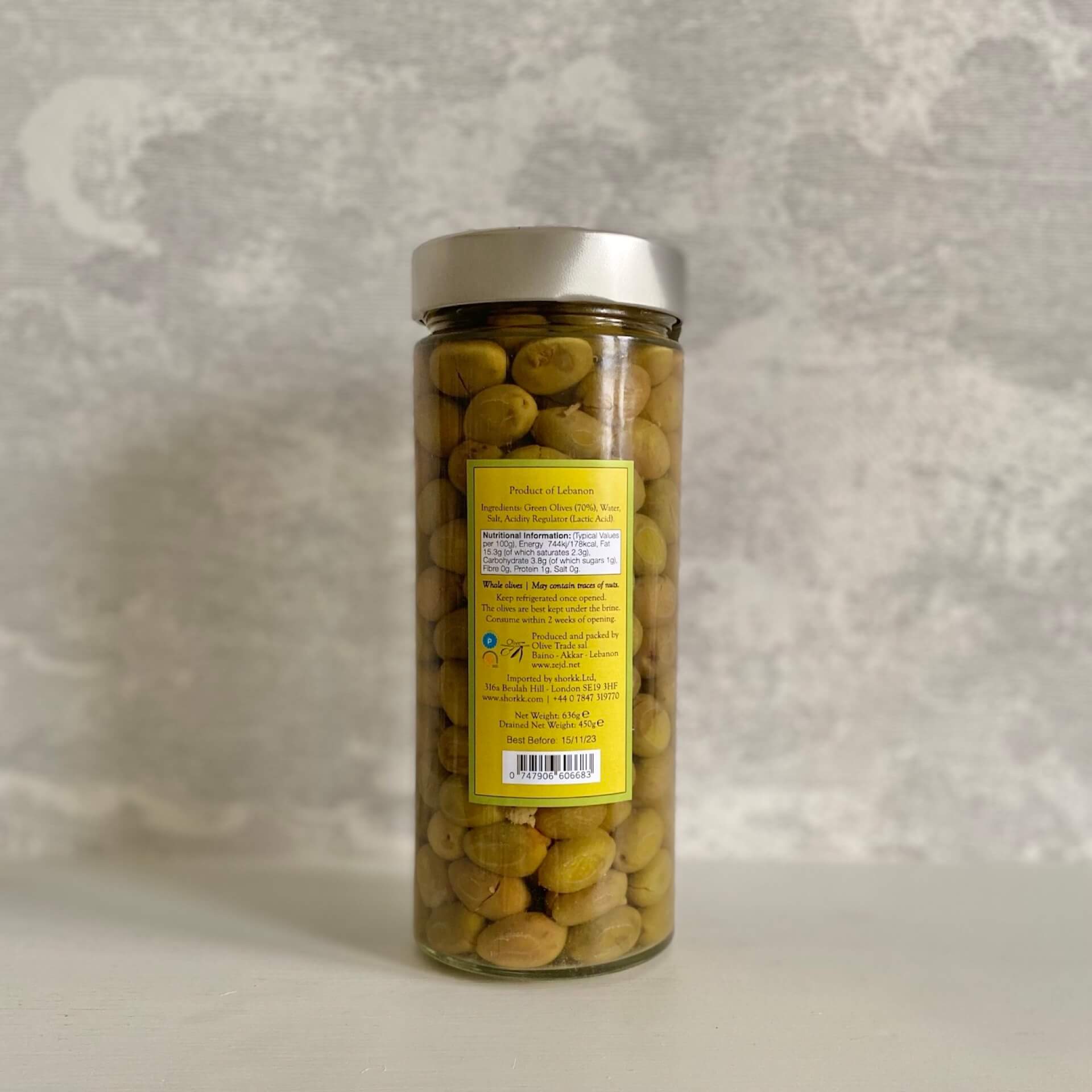
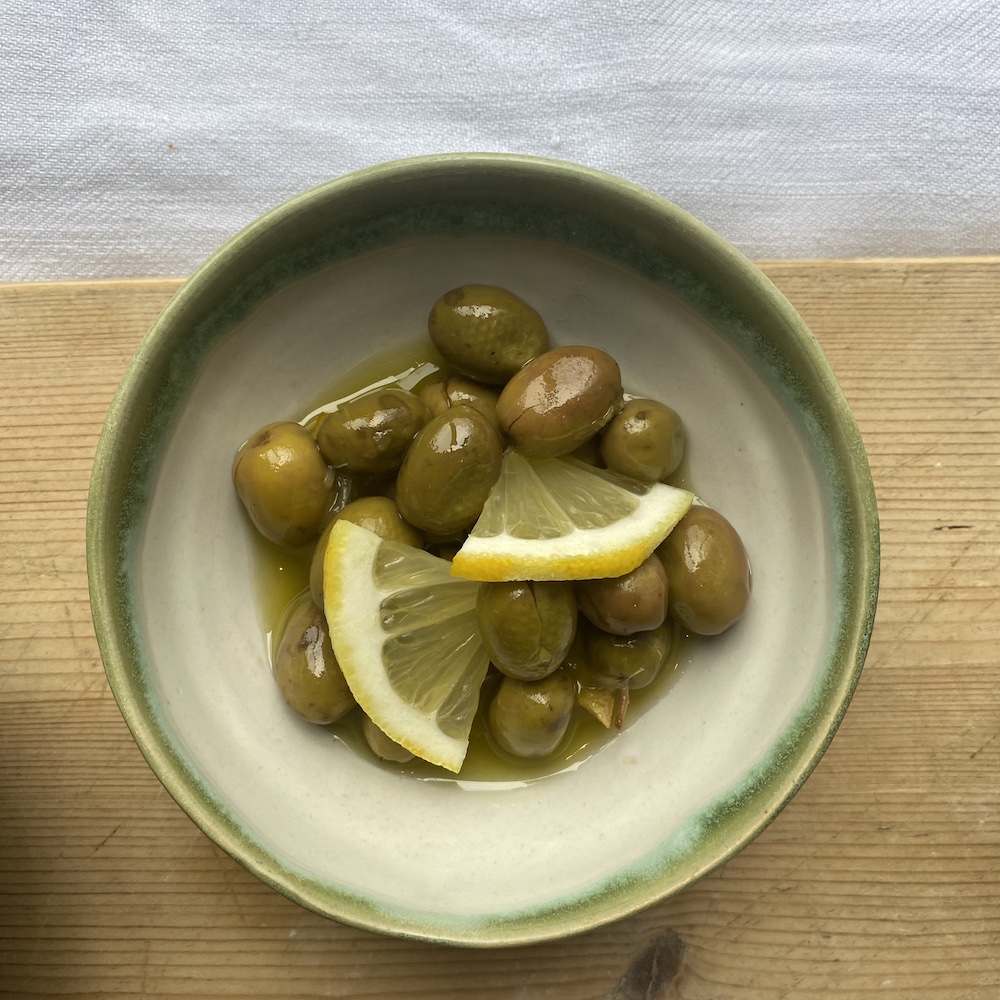
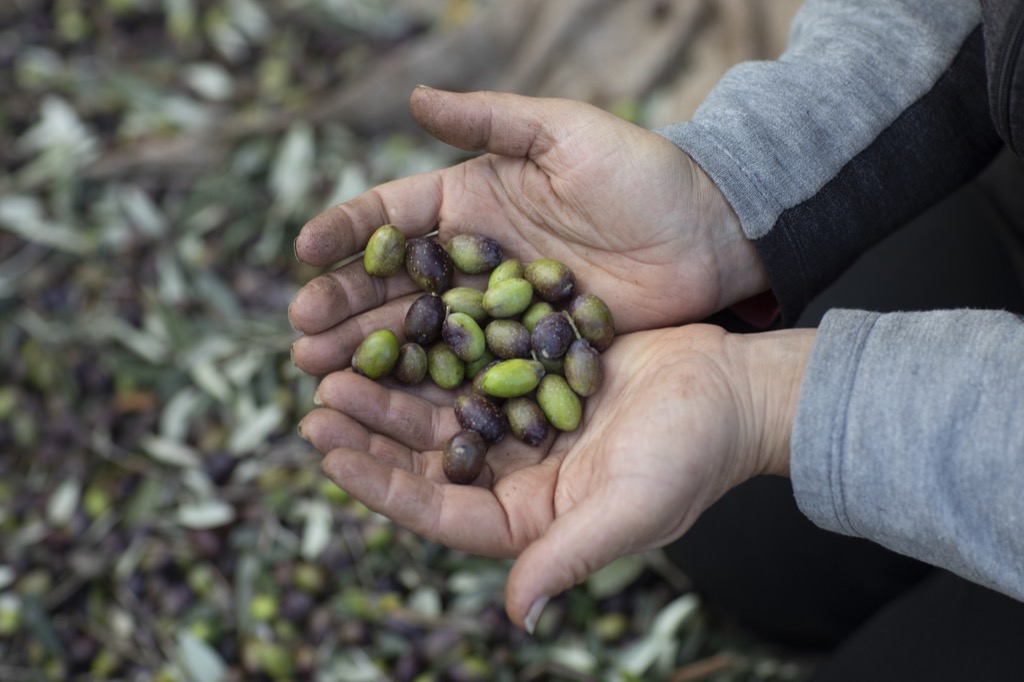
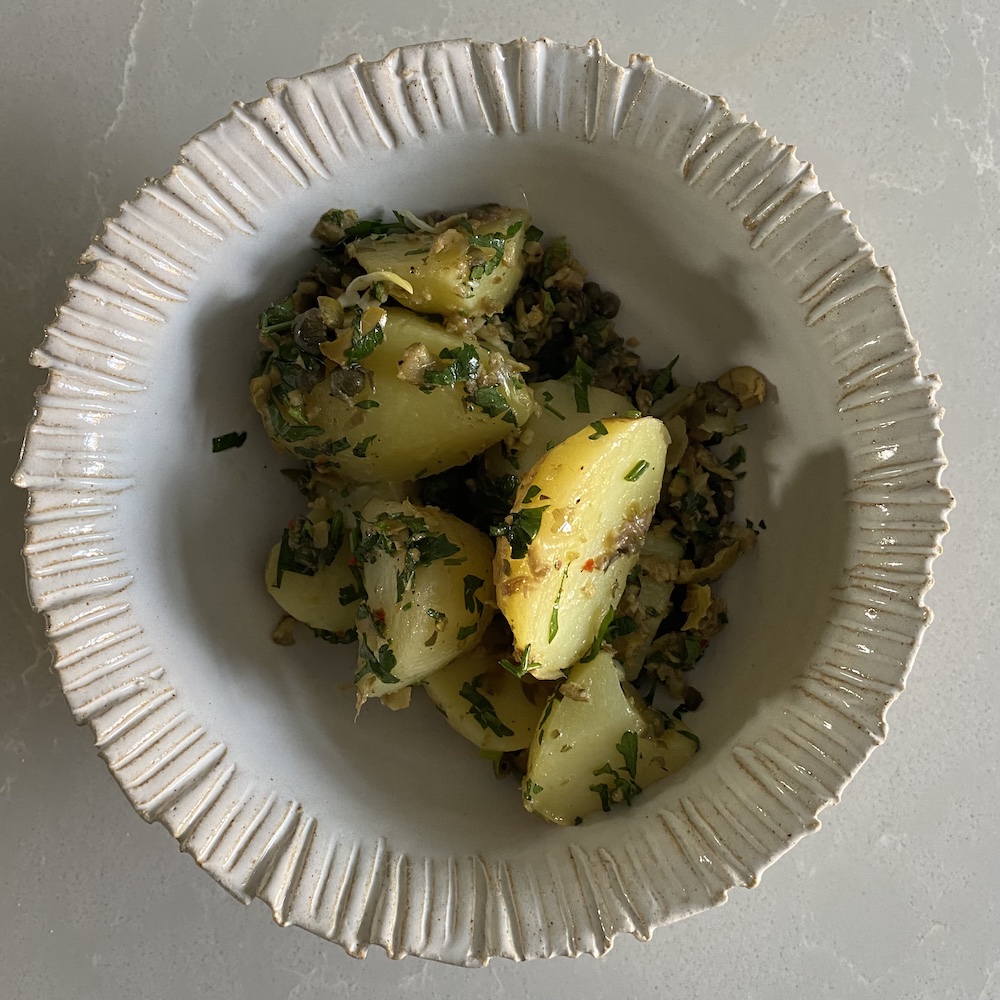
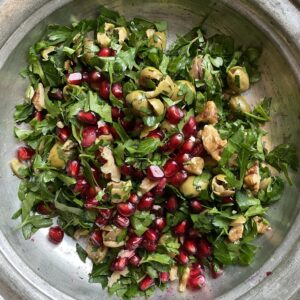
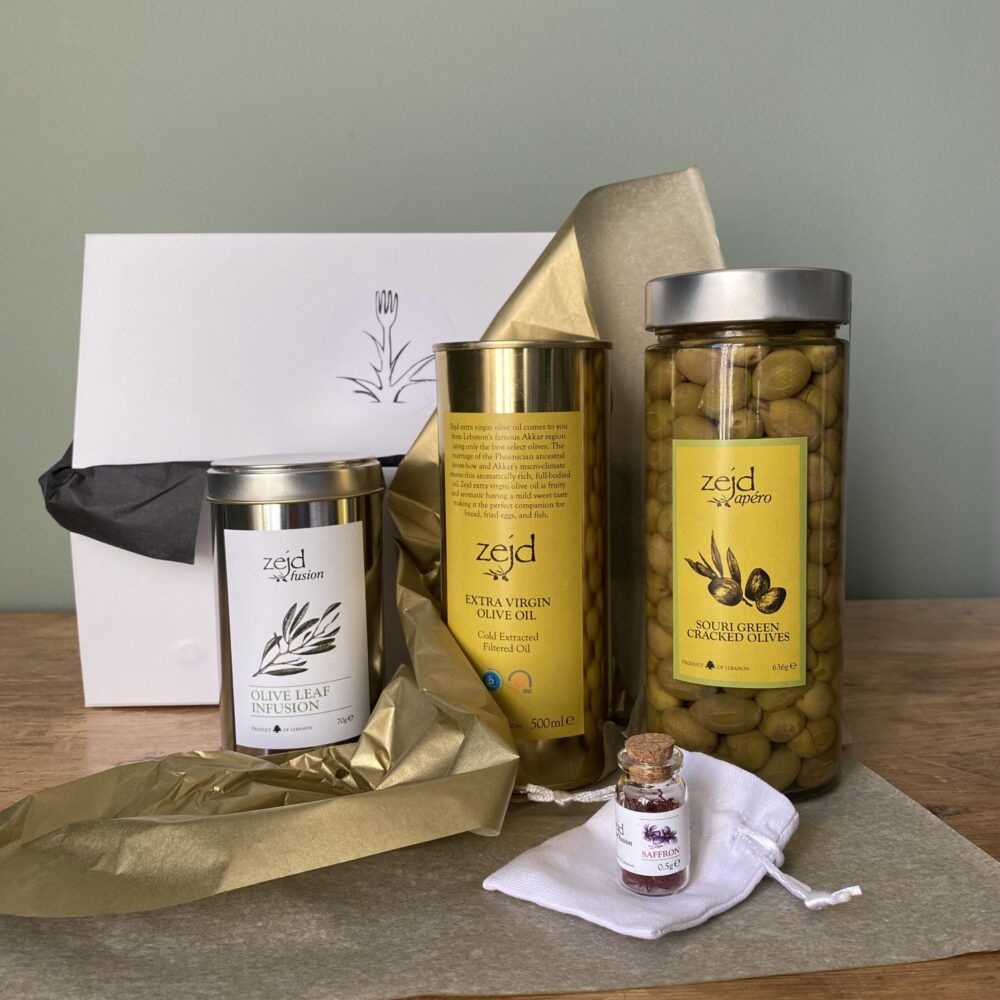
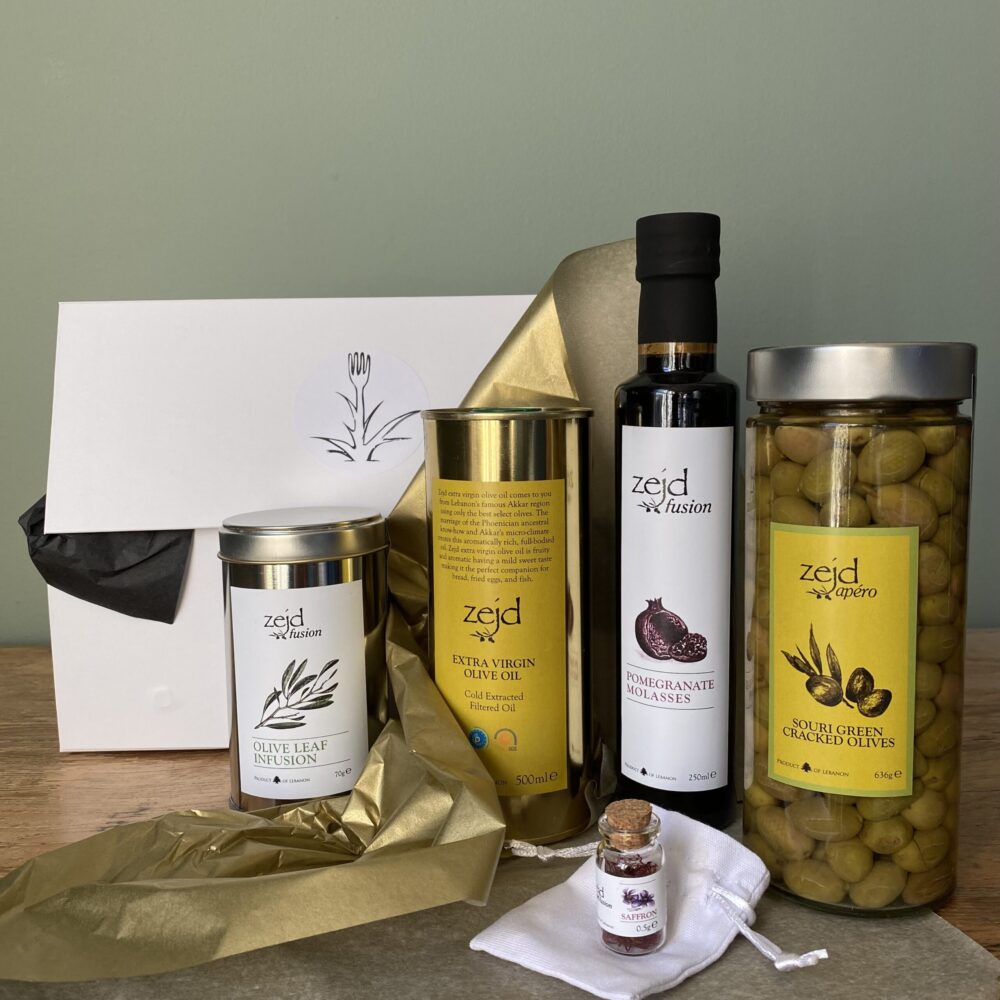
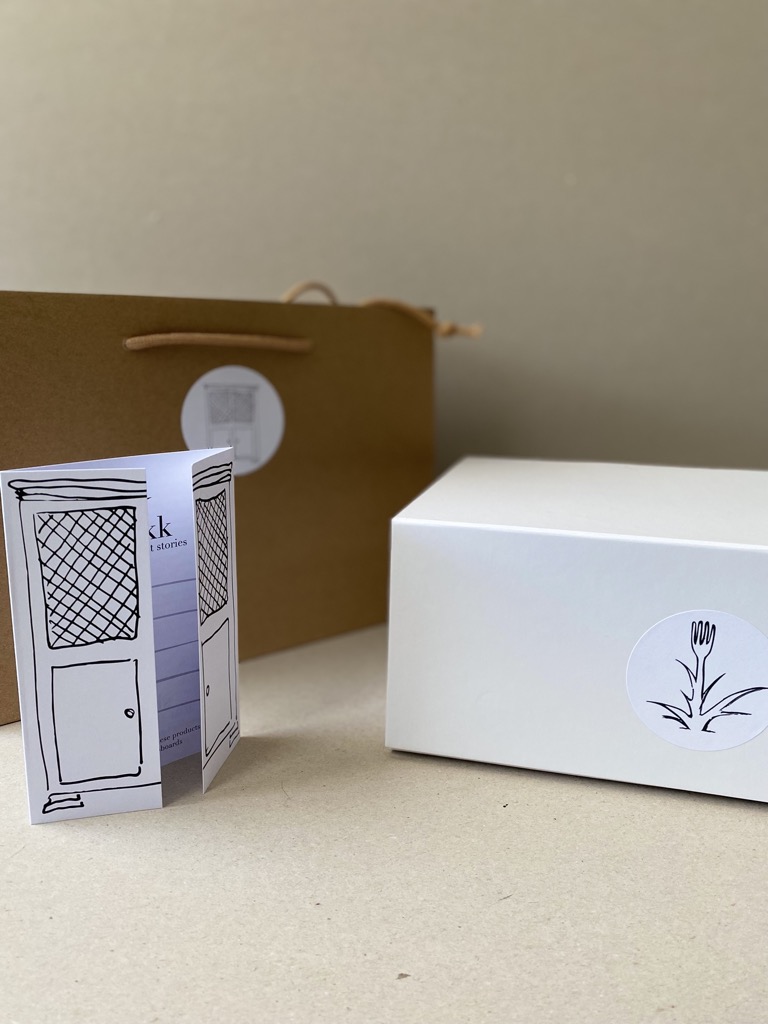
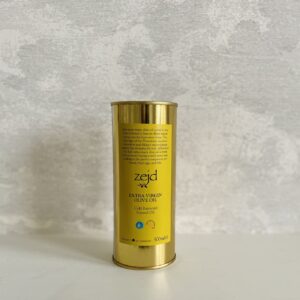
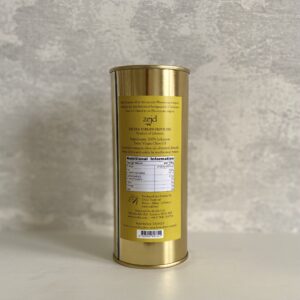
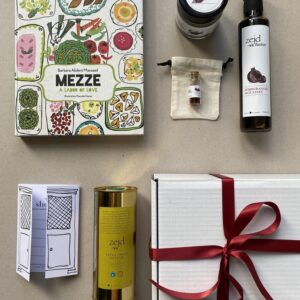
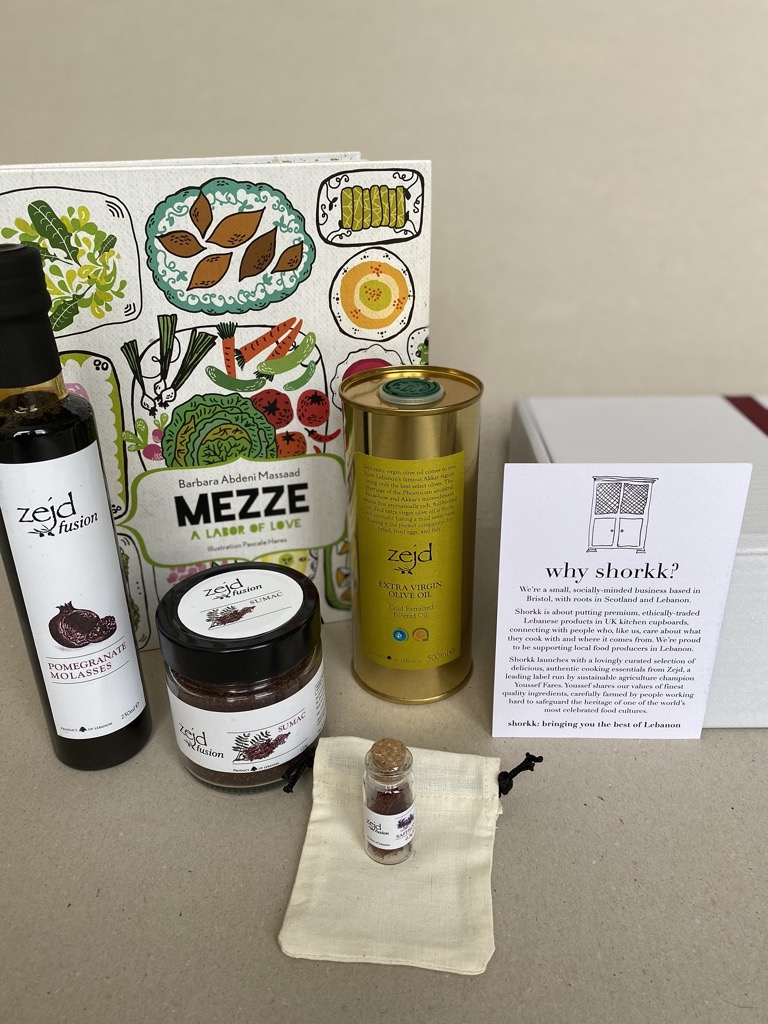
Lola CB –
Tasting these green olives with zejd olive oil and slices of lemon took me straight back to Lebanon! Delicious.
miranda –
So glad that we were able to supply you with a taste of Lebanon!
Tamara Napper (verified owner) –
I had always preferred black olives until I tried these. They are so good, I am now on my second jar and have ordered several more to make sure I don’t run out!
miranda –
We’re over the moon that you like these delicious Lebanese green olives!
Inge –
Very tasty! I feel I can taste the Mediterranean sun…
miranda –
Hi – thank you so much – really pleased that it evokes the feeling of the Mediterranean sun!